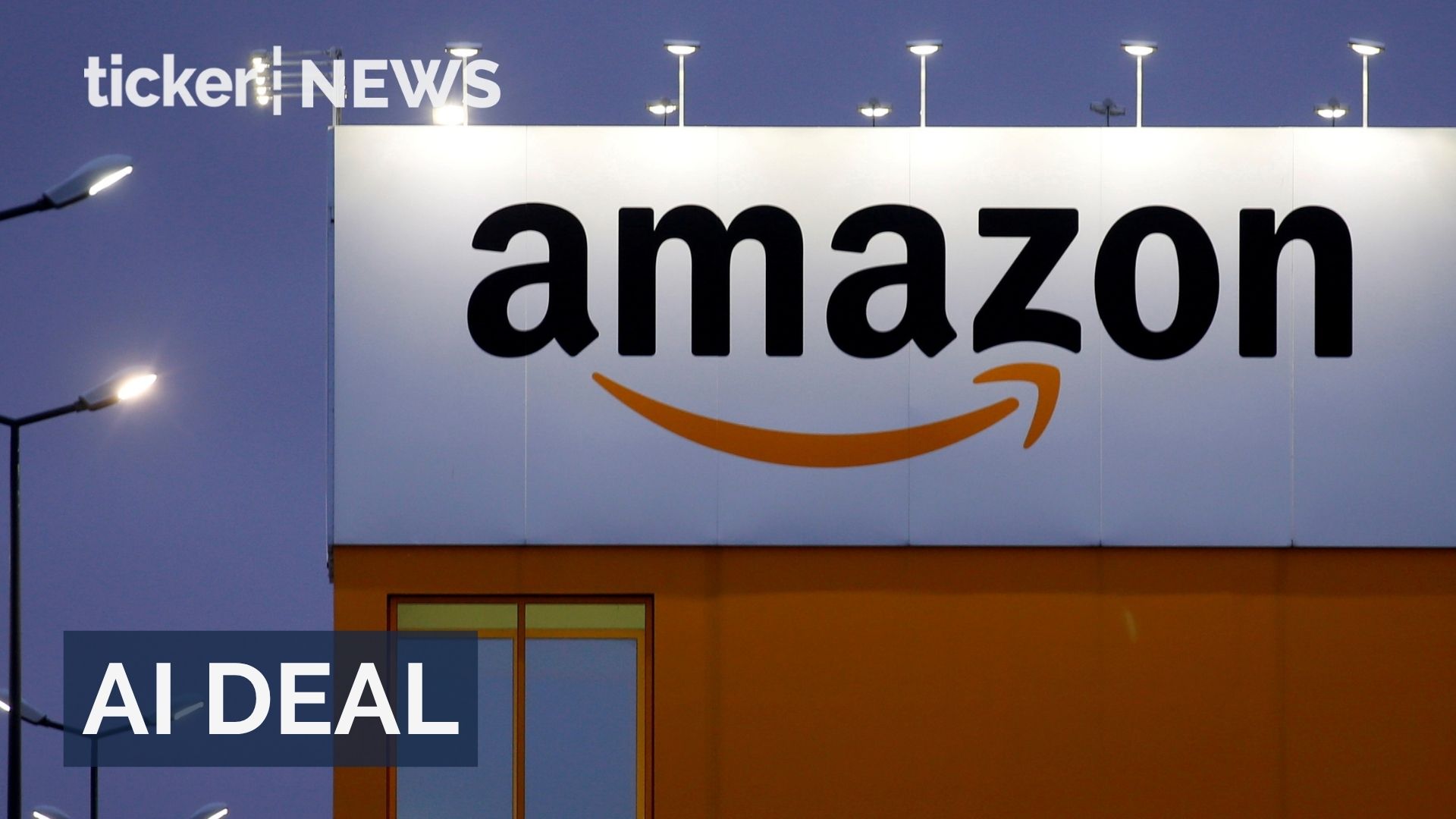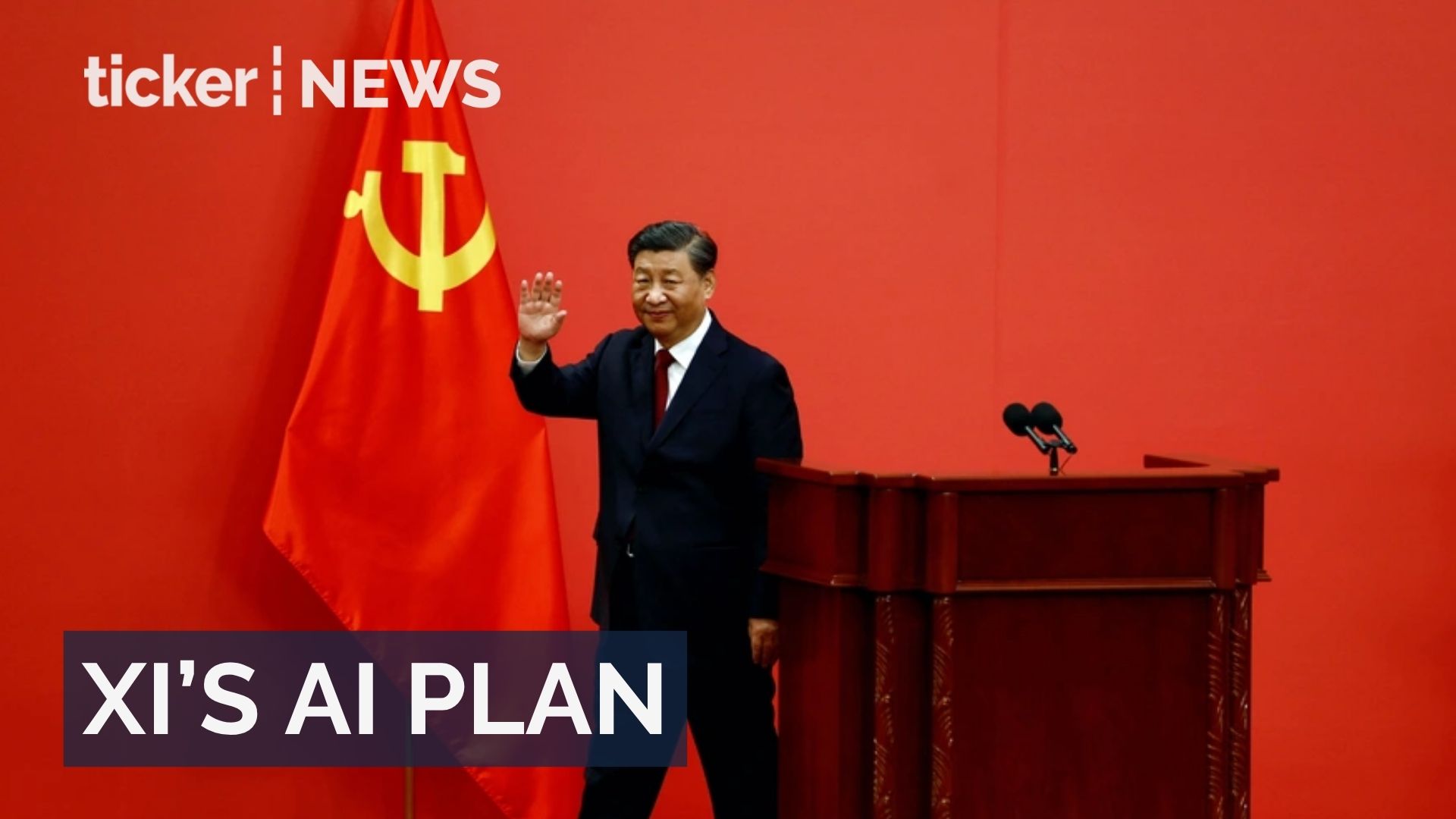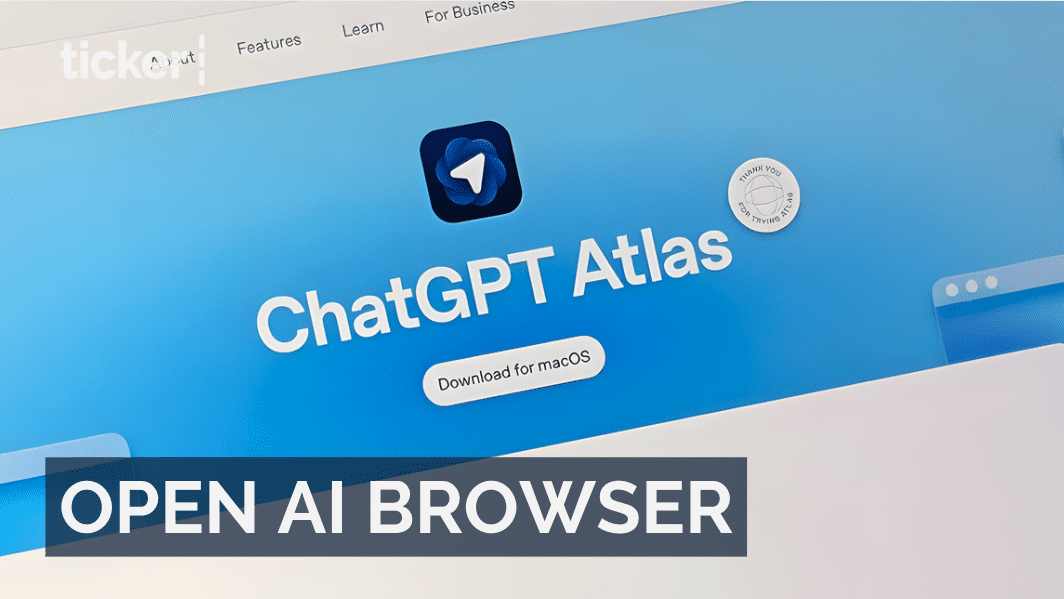Tech
Football clubs sign deal to curb online abuse

Tech
Tech giants’ $47 billion AI infrastructure deals announced
Tech giants commit $47.7 billion to AI deals as demand for computing power soars and market diverges
Tech
Xi proposes global AI governance at APEC summit
Xi proposes global AI governance body at APEC, positioning China as trade alternative to US and promoting green technology circulation
Tech
OpenAI Unveils ChatGPT Atlas: The Future of Browsing?
-



 News5 days ago
News5 days agoMarkets cautious as rate cut hopes fade
-



 News5 days ago
News5 days agoUS–China trade talks are a handshake, not a deal
-



 Tech3 days ago
Tech3 days agoXi proposes global AI governance at APEC summit
-



 News5 days ago
News5 days agoTrump orders Pentagon to resume nuclear testing immediately
-



 News2 days ago
News2 days agoTrump’s shock peace deal as Morocco and Algeria end fighting
-



 Property2 days ago
Property2 days agoInvestors discover 25 top house markets for growth
-



 News3 days ago
News3 days agoUkraine targets and destroys key Russian fuel pipeline
-



 News3 days ago
News3 days agoWall St faces corporate earnings wave amid stock rally









